In July 2019 Nicolas Pelham, The Economist’s Middle East correspondent, received a rare journalist’s visa to Iran. On the day he was due to fly home, he was detained.
I was paying my bill at the hotel when they came. There were seven of them, stiff and formal in plain-clothes. “Mr Pelham?” asked the shortest one and presented me with a hand-written document in Farsi. “It’s been signed by a judge,” he said. “It entitles us to detain you for 48 hours.” He paused to allow the information to register on my face. “It might be less,” he added. “We just need you to answer a few questions.”
He gave me a choice. Either I could be questioned in the hotel or in their car on the way to the airport. “You might even make the plane,” he said. Almost automatically, I asked to see a lawyer or a diplomatic representative. He flicked his wrist, indicating that this was unnecessary. “All we want to know is a little bit more about your trip. There’s no need to delay or complicate things.”
It was 7.30pm. My plane left in four hours and the airport was over an hour’s drive from Tehran. The officials ushered me into a small office in the hotel and crowded around my chair.
“Your mobile phone and laptop, please.”
I pointed to the bag lying against the opposite wall.
“Are there more?”
I took a second phone out of my pocket.
The shortest man was in charge. He wore a dark, oversized jacket and trousers. His wavy hair was greasy and his face was lined. He bobbed up and down on a chair and patted my knee, though it was unclear whether he meant to reassure or threaten me.
The guards rifled through my books and notes. They held up a piece of paper with jottings on it from a previous trip and asked me to explain what I had written. I tried to hide my alarm when I saw that my eight-year-old son had stencilled large Hebrew letters on the back. How could I have brought that with me? I asked myself. But if they noticed the Hebrew, they said nothing.
I asked to go to the toilet. Like a child, I wanted to escape the tension in the room. I needed to calm myself by breathing deeply. That day, in a taxi back to my hotel, I had flicked through my emails and read that a number of travellers, including a French-Iranian academic from Sciences Po in Paris, had recently been detained in Iran on the pretext of violating state security. And now here I was.
The largest of the men walked closely behind me as we descended to the basement toilet. He gesticulated for me to leave the door open.
After I returned upstairs, I was led to the reception desk to finish paying my bill. Two black saloons were waiting outside and I was directed into the rear one. Guards wedged me in on either side and we pulled off.
The interrogation began as we drove. If anything, the officials’ interest in me was flattering rather than scary. After decades of being the interviewer, I had been promoted to being the interviewee. No one had ever found me so interesting before.
The short man asked me about my family, my education, the countries I’d visited and the languages I spoke. I told them Arabic, French and, after a pause, Hebrew. I was sure that this wasn’t news to them. They wanted to know how many times I had been to Israel. And Palestine, I added, to emphasise my impartiality. A radio crackled with static.
I was relieved when we arrived at the airport to be reunited with my bags. Just under two hours had elapsed by this point. But instead of checking in, I was taken to an office at the back of the airport hall with a big glass window overlooking the departure lounge. Polystyrene containers filled with half-chewed chicken bones and pellets of saffron rice lay on chairs lining the walls.
The status of those who had taken me was becoming evident – they had the run of the state’s vital infrastructure. A tall, bulky man, more suave than the others, was introduced to me as “the doctor”. He looked weary and irritated.
“Your phone password, please,” said the short man.
I told him that I always used my thumb print.
A hint of impatience followed almost immediately.
“There isn’t much time, if you want to catch your plane.”
I made a show of racking my brain and offered several phone passcodes, none of which worked. I had an app on my phone, which many foreign correspondents use, that notified my editors of my location every 20 minutes, in order to detect any unusual activity. I wondered if they had picked up anything.
“One last chance,” said the doctor.
This time, the code worked.
“You’re not co-operating,” he said with a frown. “It’s not a game. There’s not much time.”
I heard the last call for the Doha flight. “We’re going,” I was told. I was shocked at how easy it had all been and wondered where my ticket was. The short man escorted me away with his entourage. I could see the departure gate to the left of the check-in counters. We turned right.
The pace reached a frog march. Two men in front, two behind, past the plastic barricades separating check-in from the departure-hall entrance, past the x-ray machines and outside to the car drop-off. “Perhaps they know a shortcut,” I thought. An older, more battered car awaited us. I had been downgraded.
As we sped off, a blindfold was put on me. If I lifted my head slightly, I could just about make out my feet. After 15 minutes of chaotic driving, I was helped out of the car and led across the threshold of a building. When the mask was removed, I found myself in another office. I made a number of attempts to ask why I was being held. Each question was met with an order.
“Speak in Farsi,” I kept being told. “You know Farsi, don’t you?”
I insisted, apologetically, that I didn’t.
“Do you know the Koran?” asked one gruff guard, whom I would later come to know as Ali.
“Give me refuge in God from the accursed Satan,” I replied, quoting the liturgical Arabic phrase that precedes the recitation of the sacred text. He seemed amused.
“You’re taking hostages,” I said. “Why are you doing this?”
“Wait,” he replied (this turned out to be his favourite word).
Other guards brought in kebabs in polystyrene boxes.
“I don’t eat meat,” I said huffily.
As a substitute, I was offered coarse digestives and tea in a thin plastic cup that was too hot to hold. I was torn between anxiety and the need to get these people on side. I rejected the food. But the next time Ali handed me tea, I accepted.
The doctor entered the room and asked me to write down everything I’d done in Iran, day by day, meeting by meeting. Whatever I wrote, he would ask for more details. Finally, about nine hours after I was taken, I was led outside again. The guards told me to look up. A Qatar Airways plane loomed above us, ready for its dawn flight. It turned out that we had never left the airport. The last passengers were boarding. I felt a flicker of hope, but then I saw the guards smirking. A car was waiting on the tarmac. They opened the door and ushered me in.
Read the full article from The Economist
visit the accountability section
In this section of Iran Wire, you can contact the officials and launch your campaign for various problems






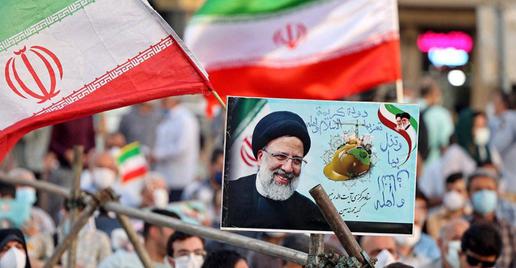
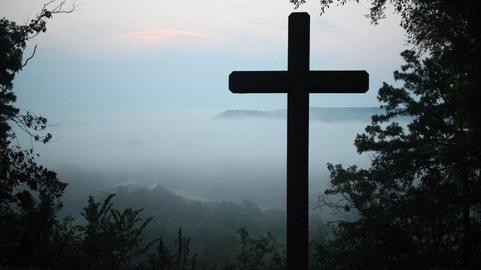

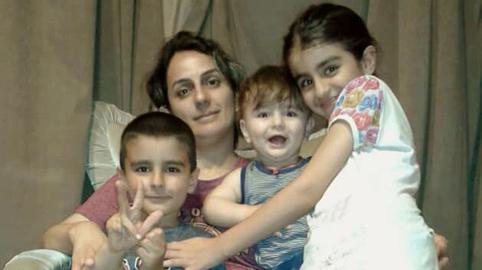
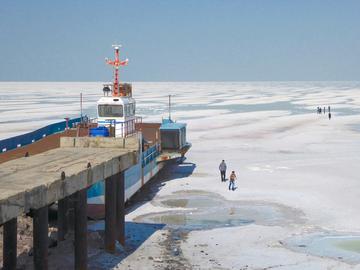
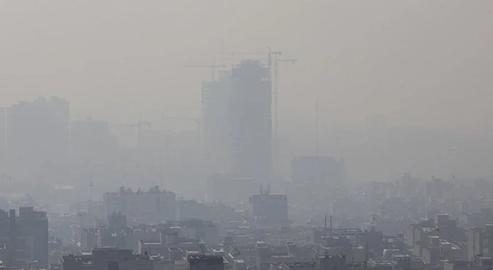
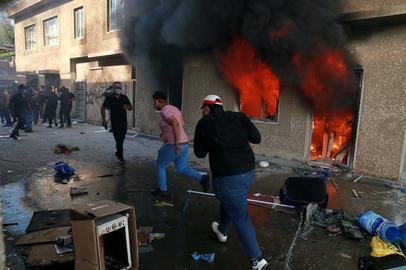
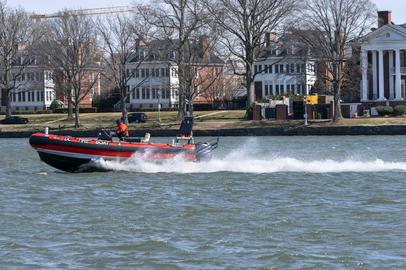
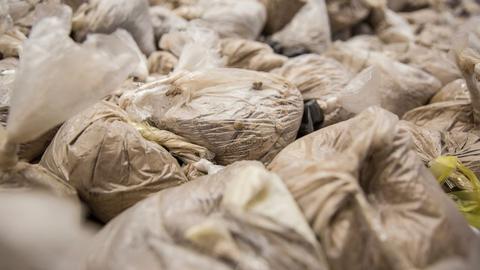
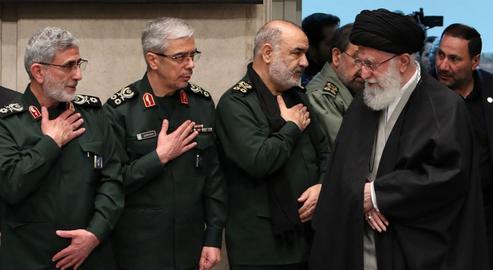
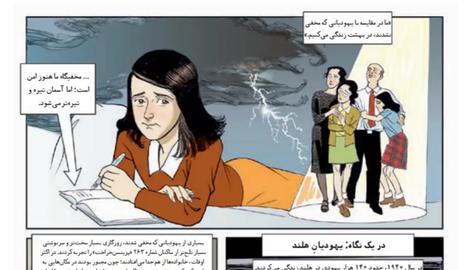
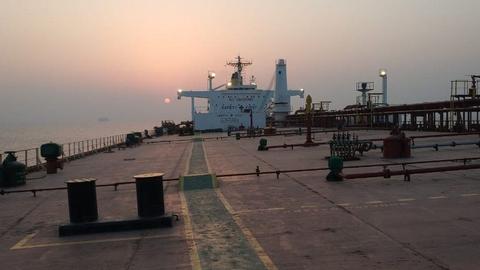


comments